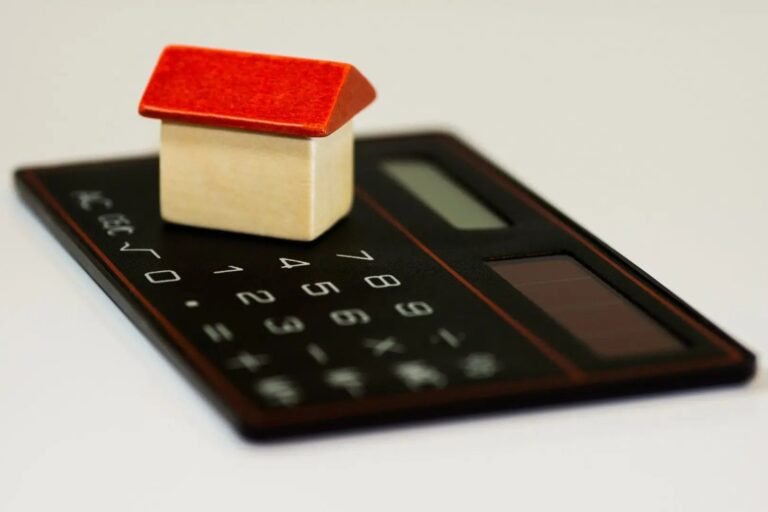When a landlord manages a property business from home, a proportion of the running costs are allowed as a business expense. The claim may cover heating, lighting, broadband, home insurance, repairs etc.
By properly identifying and apportioning costs, landlords can optimize their tax benefits.
In this article, we will explore the allowable deductions for home-based landlords and discuss different methods of calculating business expenses. Whether you are a new landlord or an experienced one, understanding how to claim and maximize your use of home expenses can lead to significant savings.
When is Expense allowable as a deduction?

In general, an expense is only allowable as a deduction if it is incurred ‘wholly and exclusively for the purpose of the trade’. Expenses incurred for a dual purpose can only be claimed if it is possible to identify a specific part used for business. No amounts can be claimed if it is not possible to specify the part/proportion used for business.
Furthermore, to get the deduction for use of home as office, the part of home doesn’t have to be permanently used specifically for trade purposes. However, when part of the home is being used for the trade then that must be the sole use for that part at that time. Thus, if the part of the home used for trade purposes is also, at the same time, used for some other non-trade purpose, no deduction is allowed.
How to Claim use of Home Expenses?
The difficulty arises while apportioning the costs between business and personal use. Claims should be based on the proportionate use of the property for business. There are many possible methods for calculating the business proportion.
Methods
⬇️
| 1 AREA Proportion of the home used for trade pruposes. | 2 TIME Time spent for trade purposes, as compared to any other use | 3 USAGE Appropriate where there is a metered/measurable supply |
In practice, the most popular method is to simply take the number of rooms used for business as a proportion of the total number of rooms in the house. Hallways, bathrooms, and kitchens are excluded from the calculation. Another common approach is the apportionment based on floor area.
As this calculation can become quite complicated, it is best to seek assistance from your accountant or tax adviser for acceptable calculation to HMRC.
Simplified Rates for Use of Home

If allocating and claiming the running costs is not feasible, there is simplified expense claim rates prescribed by HMRC for use of home as office.
The deduction is based on the number of hours spent wholly and exclusively on core business activities in the home and is only available if these hours exceed 25 per month. The flat rate does not include telephone or internet expenses. Hence, these can be deducted separately.
|
Hours of Business use per month |
Flat rate per month |
|---|---|
|
25 to 50 |
£10 |
|
51 to 100 |
£18 |
|
101 and more |
£26 |
Case:
You worked 40 hours from home for 10 months, but worked 60 hours for 2 months:
The calculation will be as follows:
- 10 months x £10 = £100
- 2 months x £18 = £36
Total you can claim = £136
The circumstances will determine which of the two options gives the best result for the taxpayer.
In practice, claiming a proportion of household costs tends to give a greater deduction; however, a claim for the fixed rate is simpler and is less likely to be questioned by HMRC.
Landlords may make a claim for using part of their home as an office when dealing with their rental portfolios, although if a letting agent is managing the properties, it may be difficult to justify a claim.
Conclusion
Understanding the guidelines for claiming use of home expenses and utilizing the most advantageous method for your specific circumstances can lead to significant tax savings for landlords managing properties from home.
It is recommended to consult with a tax professional to ensure compliance with HMRC regulations and to maximize the benefits available to you as a landlord.









